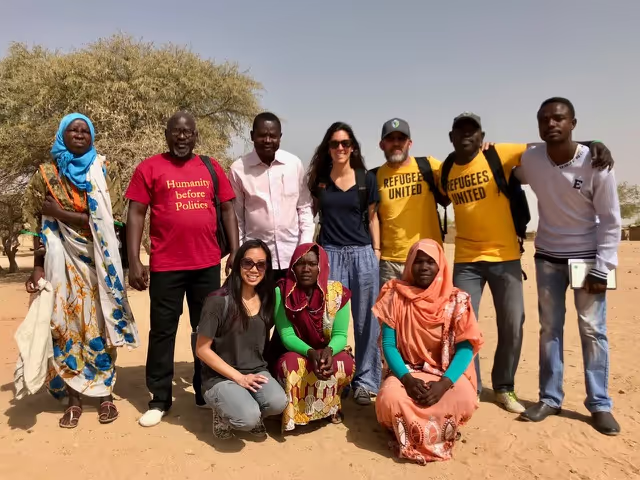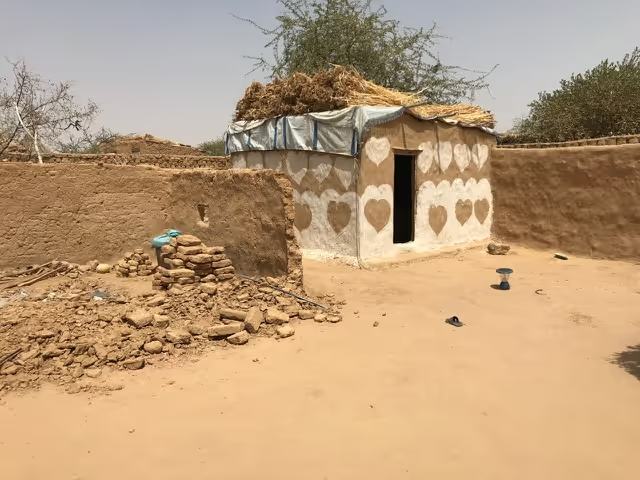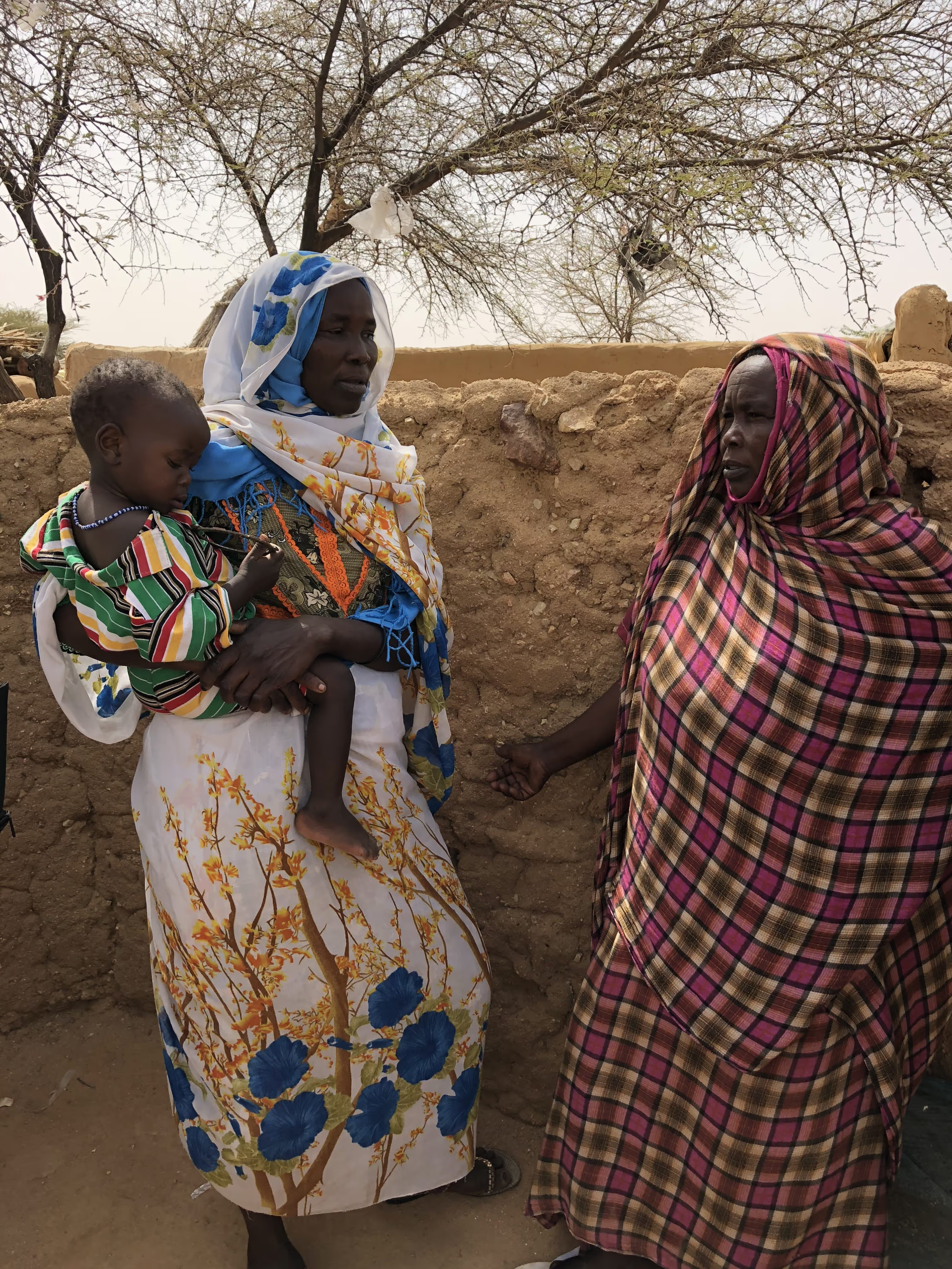Pebbles for the First Little Ripples

I’m writing this blog from Guereda, eastern Chad, our home base for the next couple of weeks. Here, iACT and Jesuit Refugee Service are working in partnership with Darfuri refugees to implement the Little Ripples early childhood education programme in refugee camps Mile and Kounoungou.
Joining us in this process are six experienced Little Ripples staff—including Little Ripples programme coordinators, education directors, teachers, and cooks—from a neighbouring refugee camp in eastern Chad. They are the pebbles that are starting Little Ripples in camp Mile and camp Kounoungou. They’ve been leading Little Ripples in their camps and have travelled to assist us in every step of the implementation process—an important part of the Little Ripples model is empowering refugees to lead and expand the programme.
Little Ripples is uniquely based in the home spaces of refugees across a camp. Today, we set out with our refugee staff to visit homes across camp Mile and select the final initial three in-home Little Ripples centres.
It was truly a team effort and the input from refugee families and our Little Ripples staff was invaluable as we debated the safety of each space, the proximity to water points, shade from the sun, and space to physically play. The final three homes were agreed upon and our team is now shifting our focus to completing two Little Ripples Teacher Trainings with a group of 25 female teacher candidates in each of the two camps.

During training, participants will learn and complete the Little Ripples curriculum. This is a pre-established skeleton curriculum grounded in evidence-based early childhood development and education theory and practice. The curriculum is a guide for teaching through play; fostering social-emotional development and peacebuilding, and using positive behaviour management and mindfulness.
The structure is purposely designed as a skeleton so it can be flushed out and adapted by refugee teachers in include activities, stories, and games unique to their culture and experiences.
From the 25 women trained and certified, we’ll initially select 8 women in each camp to serve as the leaders and implementers of Little Ripples in their community. They’ll be adapting and completing the Little Ripples curriculum, teaching, running the day-to-day operations of the program, and learning to provide quality preschool education for their community.
On top of training, we’ll also be conducting a baseline assessment of children who will be enrolled in Little Ripples as well as a non-Little Ripples control group. It’s key that we measure the impact of the programme on the social-emotional, cognitive, and physical development of children—so we can show the impact and continue to evolve and tailor Little Ripples to the unique needs of each refugee community.

Following the training and assessment, we’ll be repeating the entire process—from home selection to training and assessment—in refugee camp Kounoungou.
In just a few short weeks, 270 Darfuri refugee children ages three to five across two camps in eastern Chad will be accessing a four-hour preschool programme, receiving a daily school meal, and engaging in play-based learning from trained teachers.
And the newly trained teachers will be their own pebbles, with the capacity and skills to expand the impact of the programme like ripples in a pond.
Feature photo caption: The Little Ripples team in camp Mile. Credit: iACT.

Stay updated
Sign up for our newsletter to receive regular updates on resources, news, and insights like this. Don’t miss out on important information that can help you stay informed and engaged.
Explore Elrha
Learn more about our mission, the organisations we support, and the resources we provide to drive research and innovation in humanitarian response.


.png)